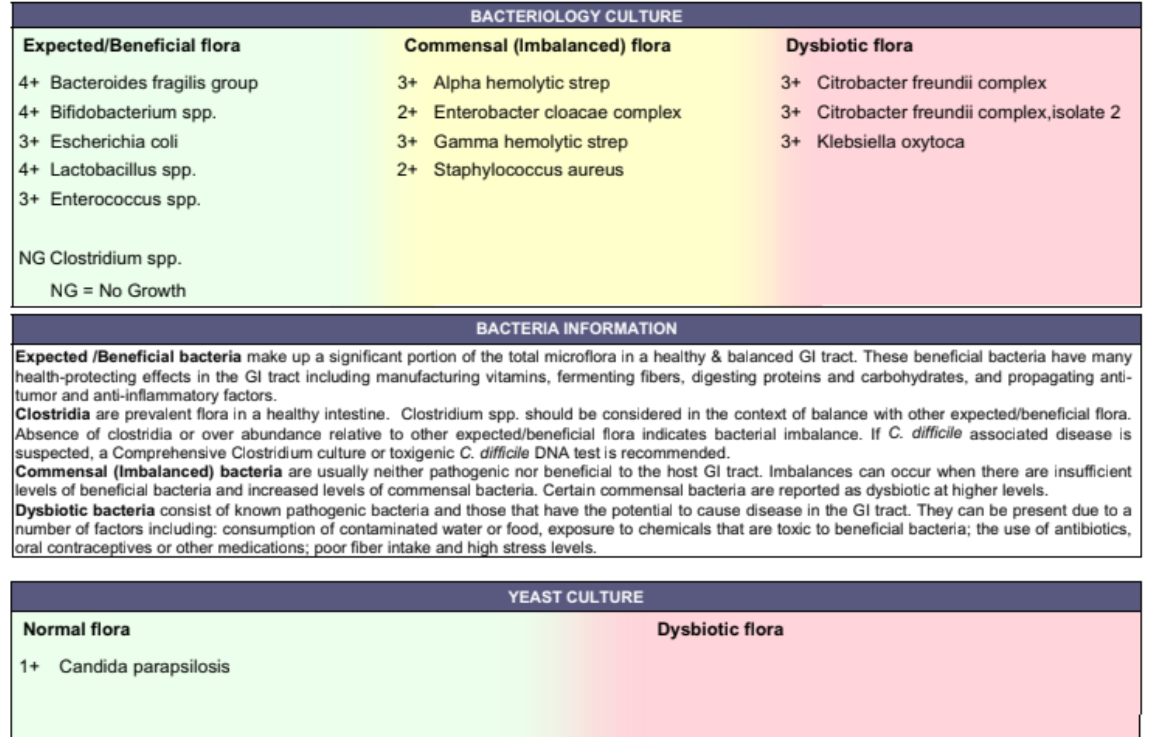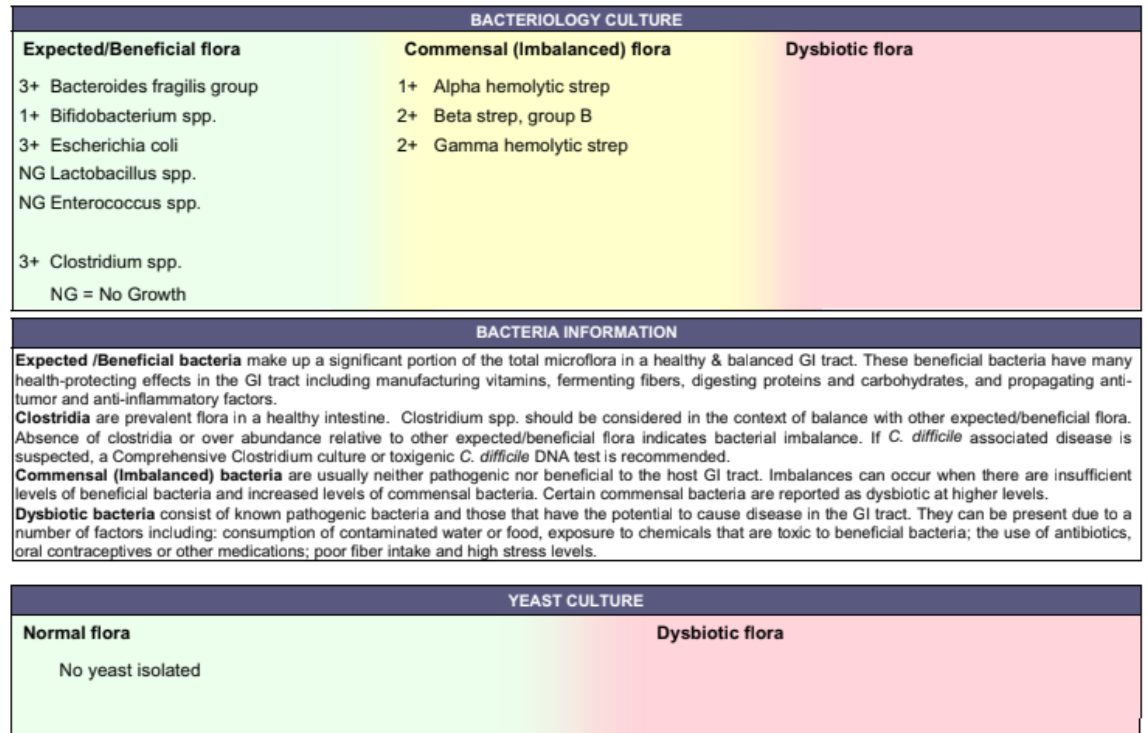While Dr. Singleton is out of the office on a bucket-list trip to Japan, let’s dive into some advancements Japan has brought to the world of functional medicine.
Japan’s mix of ancient wisdom and cutting-edge science has been shaking things up, especially when it comes to gut health, anti-aging, and hormonal balance.
Let’s take a look at the latest updates, it may just inspire your next health upgrade!
1. Calming Bloating:
If your gut’s been giving you trouble, Japanese-inspired foods might have the answer. Over there, microflora supportive foods & supplements are a big deal when it comes to calming IBS (Irritable Bowel Syndrome).
By tackling inflammation and boosting gut health, these supplements not only calm digestive symptoms but also improve immunity and even mental well-being. It’s gut bliss, Japanese style! Here are examples of Japanese food-based probiotics you may not be aware of. If you haven’t tried Natto beans, you may want to read this first.
2. Consistency in Skin Health: The Secret to Getting the Glow
Japanese women are known for their flawless, radiant skin, and it’s no accident. Their skincare routine is all about simplicity and effectiveness.
Their mantra? Purify, Polish, Plump, and Nourish. It’s not just about slathering on 15 different serums; it’s about sticking to a routine that works, day in and day out.
Cleanse to purify, exfoliate to polish, hydrate to plump, and feed your skin with nourishing ingredients. The result? Skin that ages like fine wine—slowly and gracefully.
We’ve found that defensins in our new product line Defenage is based on Japanese technology of skin stem cell regeneration. Check out this very technical article!
In Japan, diet is a huge part of skincare. They believe that what you put into your body is just as important as what you put on it. Antioxidant-rich green tea, vitamin-packed seaweed, and fresh fish loaded with Omega-3s keep skin smooth, hydrated, and glowing from the inside out. And don’t forget that healthy dose of collagen-rich bone broths, which helps keep the skin firm and youthful.
3. The Japanese Diet's Superpower
Here’s a fun fact: Japanese women have significantly lower rates of breast cancer than women in other parts of the world, and a lot of that comes down to diet. Soy, especially in its fermented forms like miso and tofu, contains isoflavones that mimic estrogen and help balance hormones—protecting against hormone-dependent cancers like breast cancer.
Seaweed, packed with iodine, keeps the thyroid happy, while anti-inflammatory foods like fish, veggies, and green tea fight off hormonal havoc. In Japan, food isn’t just about satisfying hunger; it’s a weapon in the fight against disease and hormonal imbalance.
——-
We hope this blog has helped you learn more about how Japan has influenced many aspects of functional medicine here in the US. If you have more questions about gut, skin or using hormone therapy, we’d love to hear from you. Schedule a consultation with our team of experts at Potentia MedSpa in Lafayette, California or call us at 510 230 2282. We are the only Functional Aesthetics Medspa in the San Francisco Bay Area offering a combination of medical expertise, innovative technology in skin care and holistic support.



